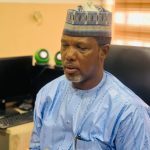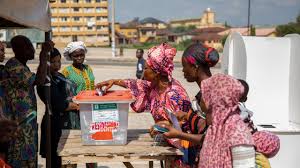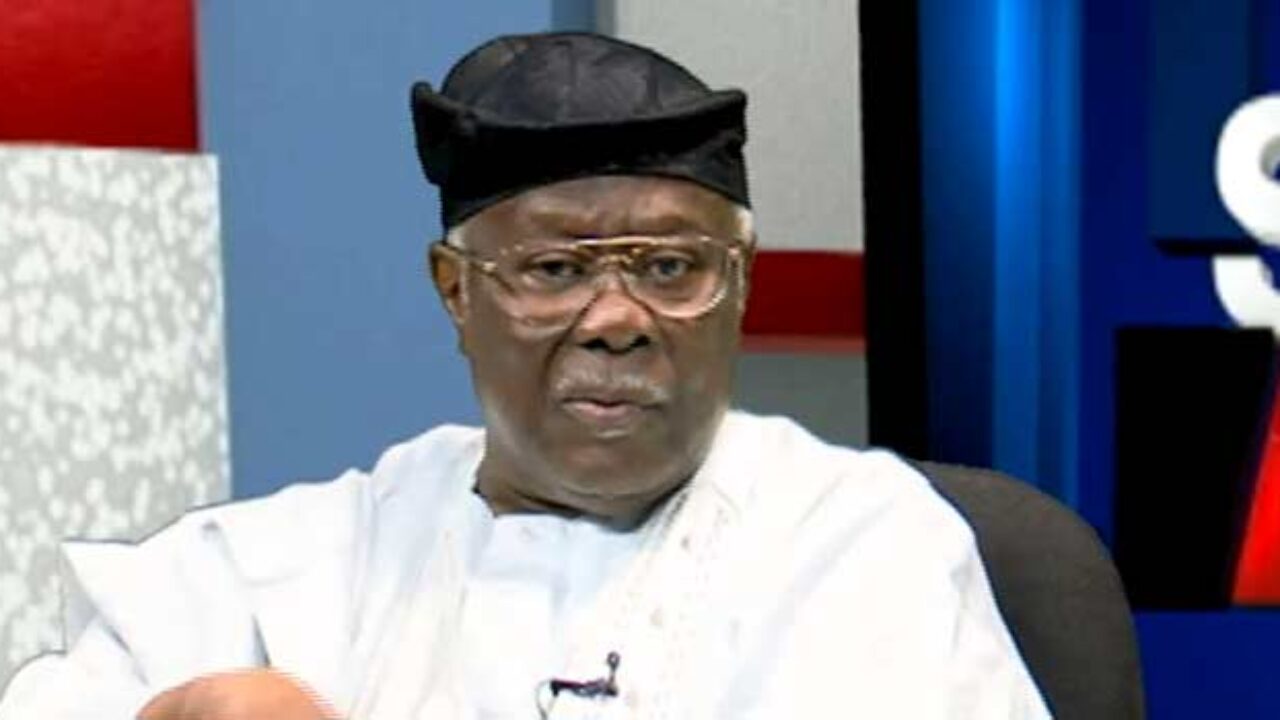Nigeria’s reform agenda needs a people-centric shift
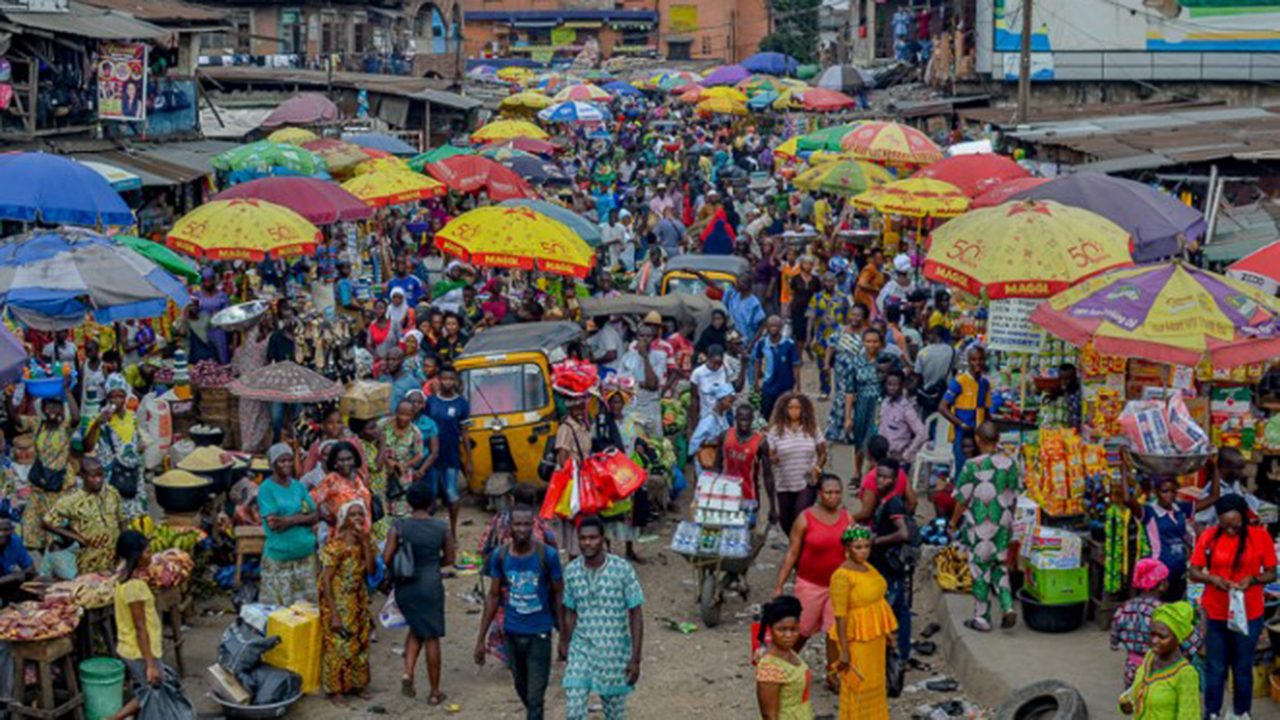
BY SAMI TUNJI
Nigeria’s macroeconomic indicators are beginning to show signs of recovery. Reforms such as the removal of fuel subsidy, exchange rate unification, and increased interest rates have garnered praise from global institutions. Yet, beneath the surface of this policy reset lies a harsh reality: the lives of ordinary Nigerians are not getting easier.
As of June 2025, headline inflation eased slightly to 22.22% from 22.97% in May. But the marginal drop conceals the real pressure points. Food inflation remains steep at 21.97%, and core inflation stays locked in the low twenties. Month-on-month, prices continue to rise—food costs alone surged by 3.25% in June—stretching household budgets thin.
Urban dwellers face the highest burden: inflation in cities stands at 22.7%, compared to 20.85% in rural areas. A simple food basket—rice, tomatoes, garri—now costs more than many families can afford, forcing trade-offs between meals and bills. With food consuming nearly all of the monthly income for about 50.1% of Nigerians, even modest price hikes can trigger hardship.
There is a paradox in Nigeria’s economic recovery: stability at the macro level, yet suffering at the micro level. Policy may be working on spreadsheets, but for the average citizen, life remains an uphill battle. Growth without relief is not progress—it is a mirage.
Reforms yet to ease the suffering
Following its GDP rebasing, Nigeria now boasts a 30% larger economy, estimated at N372 trillion in 2024. This statistical lift pushed the debt-to-GDP ratio below 40%, down from over 52%, and nudged economic growth to 3.13% in early 2025, slightly ahead of the previous year. Fiscal health also showed signs of recovery, with the budget deficit narrowing from 5.4% in 2023 to 3% in 2024, buoyed by improved revenue collection, which rose to 11.5% of GDP from 7.2%.
But behind these headline gains, the everyday Nigerian remains trapped in hardship. Inflation continues to erode purchasing power, with food insecurity deepening across the country, where at least 54% are projected to live in extreme poverty in 2024, according to the World Bank.
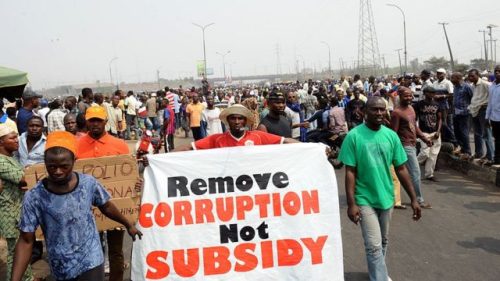
The twin shocks of subsidy withdrawal and currency devaluation have driven up the cost of living, with little to cushion the impact. At a minimum wage of just N70,000 (about $45) per month, most workers are locked out of any sense of recovery.
Meanwhile, political elites remain insulated—maintaining world-class legislative perks without demonstrable sacrifice. The imbalance is stark. Macroeconomic stability has been achieved, but it has not translated into widespread well-being. Until reforms are grounded in improving household resilience and people’s well-being, Nigeria’s recovery will remain fundamentally incomplete—a tale of growth that is divorced from its people.
Poorly implemented social safety net undermines reform gains
Nigeria’s sweeping economic reforms have proceeded without the foundational support of robust social protection systems—leaving millions dangerously exposed. The social safety net programme has been severely disrupted by administrative delays, political transitions, and high-level corruption scandals within the Federal Ministry of Humanitarian Affairs and Poverty Alleviation.
Successive ministers, Sadiya Umar-Farouq and Dr Betta Edu, were implicated in separate fraud cases involving the diversion of funds meant for vulnerable citizens, prompting investigations, suspensions, and recoveries by the Economic and Financial Crimes Commission (EFCC).

Halima Shehu, the former National Coordinator of the National Social Investment Programmes Agency, was also arrested for allegedly transferring N44 billion to suspicious accounts, further eroding trust and hindering critical intervention efforts.
The International Monetary Fund recently stressed the urgency of expanding targeted cash transfers and building resilient safety nets. The World Bank reinforced this, calling for a new social contract anchored in human capital investment and accessible public services.
Yet, on the ground, the story is bleak—the withdrawal of fuel and FX subsidies, though fiscally defensible, stripped away crucial lifelines. In the absence of compensatory measures, such as scaled cash transfers, education subsidies, or healthcare reinforcements, households are left to absorb shock after shock. For many, daily life has become a series of impossible decisions: skipping meals to afford transport, pulling children out of school, or delaying medical care.
A people-first reform agenda must do more than balance books—it must restore dignity. It means guaranteeing minimum income floors, ensuring equitable access to essential services, and fostering inter-agency coordination rooted in lived realities, not spreadsheets. Without these, reforms will continue to benefit the macro picture while neglecting those who need support most. The government must ensure that Nigeria’s recovery is built on people, not just numbers.
The need for inclusiveness
For economic reforms to deliver lasting results in Nigeria, they must be rooted not only in sound policy but also in inclusive processes. Too often, reforms are crafted in elite spaces, shaped by fiscal orthodoxy and global best practices, but disconnected from the lived realities of citizens. Without transparency, civic input, and institutional trust, even well-intentioned policies risk rejection or failure.
Reform should be participatory and transparent. Citizens must be involved through well-organised public consultations, independent oversight of spending, and open platforms that allow feedback and accountability. Without these, reforms remain fragile, disconnected from the very people they are meant to serve. Public trust is not just a political ideal but an economic necessity.
When citizens believe reforms are fair, they are more likely to comply with tax obligations, cooperate with government efforts, and contribute to national stability. Trust is the bridge between policy design and public support.
Nigeria’s reform journey has focused heavily on stabilising the economy and enhancing structural competitiveness. However, that focus must now shift toward making growth inclusive and widely beneficial. Broadening access to opportunity, especially for rural farmers, informal workers, and young entrepreneurs, creates a stronger foundation for long-term development.
Also, the government must also channel part of its fiscal gains into job creation and community infrastructure. Investments in rural roads, schools, healthcare, and agriculture can unlock productivity and reduce inequality. Transparent reporting tools and clear outcome measures will help ensure accountability and public confidence.
It is crucial to repeatedly emphasise that leaders must lead by example. Public officials should forgo pay increases during economic hardship and commit visibly to poverty reduction. Reforms must be seen to serve everyone, not just a few. Nigeria’s economic future depends not only on policy strength but on social unity. A nation can only thrive when its reforms are trusted, its citizens empowered, and its progress shared.
Sami Tunji is a senior business correspondent at The PUNCH Newspaper and a Free Trade Fellow at Ominira Initiative.


